
Sep 14 , 2019
By Ahadu Y. Assefa
Africa has a huge infrastructure gap that reached 45.5 billion dollars in 2018. Between 2018 and 2040, this infrastructure investment gap is expected to stand at 1.6 trillion dollars. Developing infrastructure in the region to address this gap is key to enabling African economies to prosper.
According to the Infrastructure Consortium for Africa (ICA), China with the Belt and Road Initiative (BRI) has been a key figure in addressing this gap. Chinese investments in Africa in 2017 stood at 19.4 billion dollars compared with 6.4 billion in 2016. From 2010 to 2017, the seven-year average from Chinese investments in Africa’s infrastructure is a significant 13 billion dollars per annum. Yet difficulties remain in confirming Chinese investments in Africa’s infrastructure because of the lack of transparency.
The figure of 19.4 billion dollars for 2017 may be an under-estimate. ICA on its report stated that Chinese companies that play a key role in the design and construction of infrastructure projects in Africa do not consistently report financing details for those projects. An exaggeration of the data on Chinese investments is also possible, because some announced investments do not materialise, although this is a valid point that can be made about other commitments from all sources of finance.
Given China’s ever-growing influence in the continent, there needs to be an assertiveness on negotiations to make sure Africa can utilise the BRI and other initiatives.
For this, the primary responsibility will be on African leaders. African leaders should be able to negotiate on terms that will favour their nation. Information must be disclosed on the negotiations of loans and agreements. The Chinese often adopt a take-it-or-leave-it approach. In many cases, Africans are not assertive enough in return. But negotiations do work. For instance, China recently agreed to restructure some of Ethiopia’s debt including the loan for the Ethio-Djibouti Railway. Prime Minister Abiy Ahmed (PhD) described the rescheduling as limited but added that repayment of the railway debt had been extended by 20 years, relieving Ethiopia of some pressure.
Improving transparency in public accounts should also be done by African countries. According to recent reports, the Ministry of Finance in Angola has become increasingly transparent, disclosing public information previously hidden, including the government’s public accounts, the management of China’s loan and audited financial reports on projects. Other countries should follow similar trends. Besides, better regulations could improve government procurement and accounting processes.
It is evident that African governments are new in dealing with China. Thus, they should take every opportunity to share lessons with one another. There is a role for African universities, civil society organisations and unions. Universities should be involved in research on the feasibility, impact and sustainability of these projects. China can continue its support to African universities. China has committed 671 million dollars between 2000 and 2014, more than double the United States. This is a commendable effort that must be sustained to help African universities and researchers understand how to work with China.
African governments should also work to avoid the risk of being criticized on the BRI. China tends to be popular in Africa – more so than the US in around 60pc of countries on the continent, according to a recent poll. Still the public sees negatives: many think Chinese products are of poor quality, while there is a growing perception that dealing with China tends to favour Chinese labourers. African governments need to bear these concerns in mind. If not, they risk being denounced by the media or civil society organizations – as has happened in Kenya over the railway project.
The responsibility should not lie with African leaders only. It should be shared by China and the international community. Chinese financing and construction of BRI projects must, to the extent practicable, go beyond technical adherence to local requirements and instead strive to ensure high standards for engaging local communities. Projects need consultations with concerned parties and proper disclosure of relevant information should be present throughout the life of these projects.
In addition, China should cooperate with other countries and institutions. For instance, the IMF has scrutinised multiple aspects of the BRI, repeatedly warning of unsustainable debt levels, predatory lending and the lack of project transparency. Following these concerns and negotiations, IMF and China established the Capacity Development Centre. Inaugurated on April 2018 as a new centre to build up economic institutions and foster human capacity development in core areas of IMF expertise, it serves officials in China and other countries, including those associated with the BRI. Through training courses and workshops, the Centre supports Chinese government officials in building effective institutions and in policy making. Both parties should work to ensure the Centre delivers its goals.
Finally, the Western world should stop being too much of a sceptic on China’s initiatives, accusing it of mainly being a dept trap. John Adams, the second President of the US, famously said that the way to subjugate a country is by the sword or debt. A famous historical instance was Egypt in the 19th century. The British and their French allies shackled Egypt with massive debt, forcing it gradually to abandon its natural and labour resources to be taken over by the British, losing its sovereignty over economic and financial policies, and finally being subject to military occupation by the British army for decades. There are other instances that arguably show the extent Western countries used this means for their advantage until recently.
But Western countries, mainly the US and Europe, should attempt to find ways to make sure African countries will get the proper benefit from the BRI and other initiatives. The IMF and the World Bank should continue to coordinate with the countries and Chinese lenders in order to minimise debt burdens. Western countries can also make their contributions in infrastructure financing in line with identified BRI and Chinese-funded projects – the how is beyond this short article.
The BRI is a massive initiative that is not comparable with anything before it. And the fact remains that projects under the BRI do address infrastructure gaps in Africa. African leaders need to be assertive in negotiations with China and strive to secure a favourable deal for their citizens. Equally, by being more transparent, African countries and China can erode negative reports and concerns. The international community working together with China and African countries can make sure the projects are achieved with the standard expected and attain the objectives to drive Africa and its citizen forward.
To make matters interesting, or not depending on individual views, the Western world has its difficulties. Far-right political leaders are sitting on the helm of governments in most countries. From the "Trump rule" and trade war with China to Brexit and a possible recession in Germany and other countries, it is a grim crossroads for the world. And an opportunity for China. What the future holds for the world in terms of global influence and economic influence is an ongoing debate. But Chinese efforts should not be overlooked, and caution needs to be taken in entering what might be a new phase for Africa and the world. Navigating these new realities requires African leaders to be more assertive when negotiating agreements, especially with China.
PUBLISHED ON
Sep 14,2019 [ VOL
20 , NO
1011]


Viewpoints | Mar 14,2020
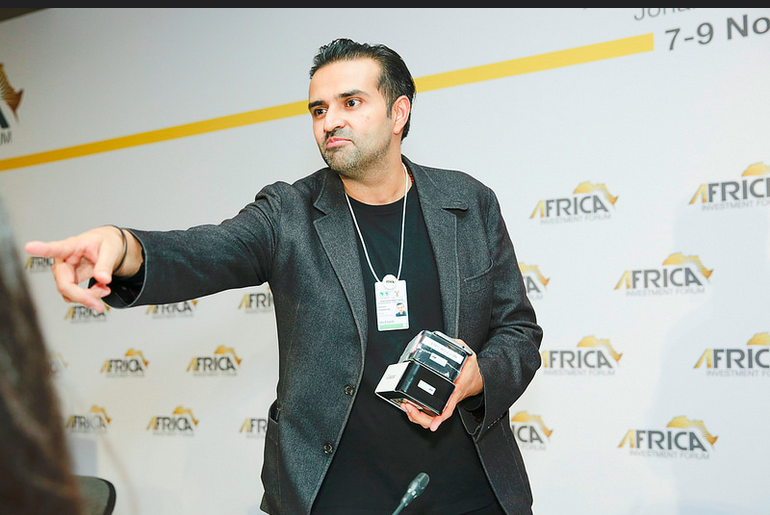
Featured | Nov 21,2018

Viewpoints | Sep 24,2022
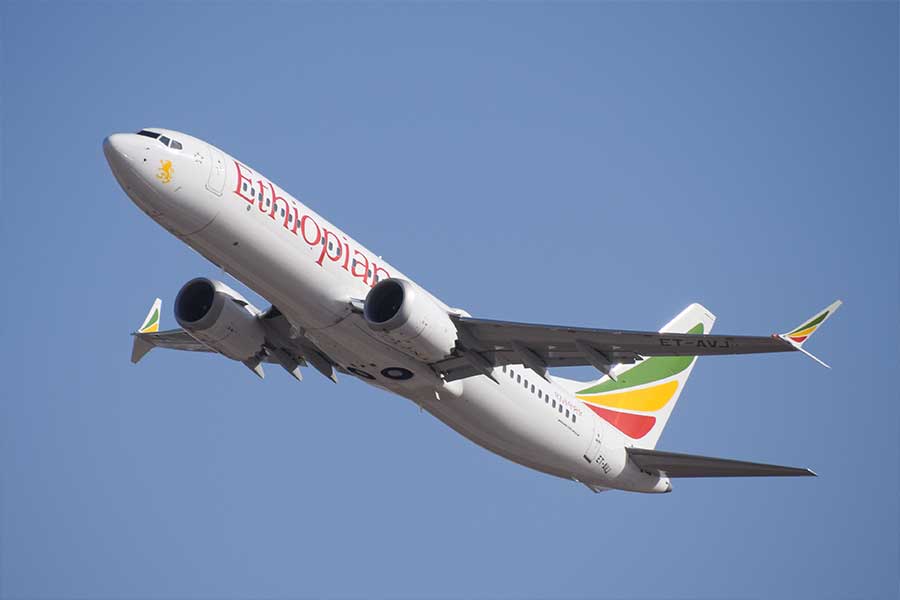
Featured | Sep 06,2020

Viewpoints | Apr 20,2019
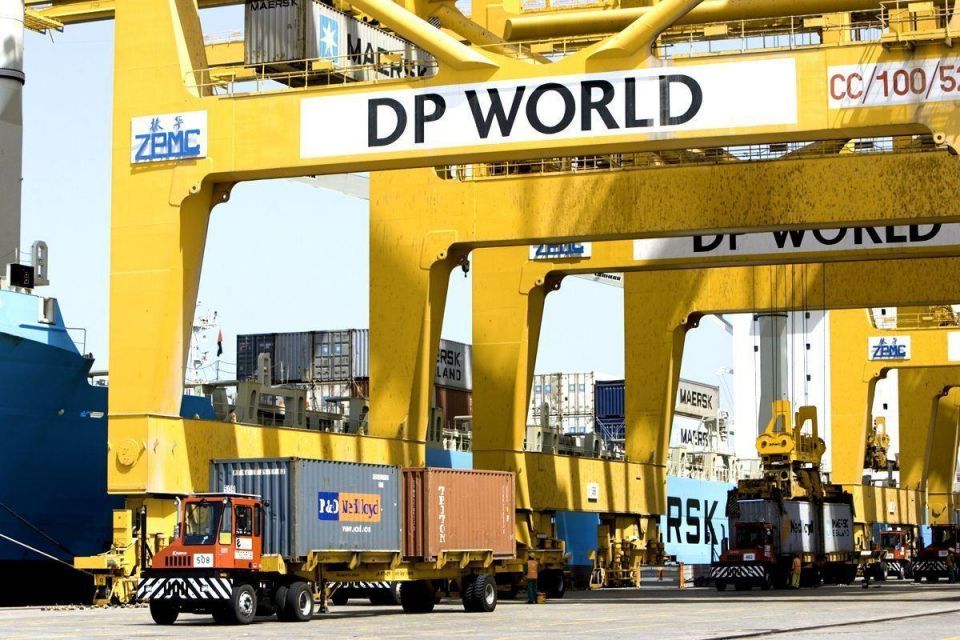
Fortune News | Dec 12,2020

Viewpoints | Mar 23,2019
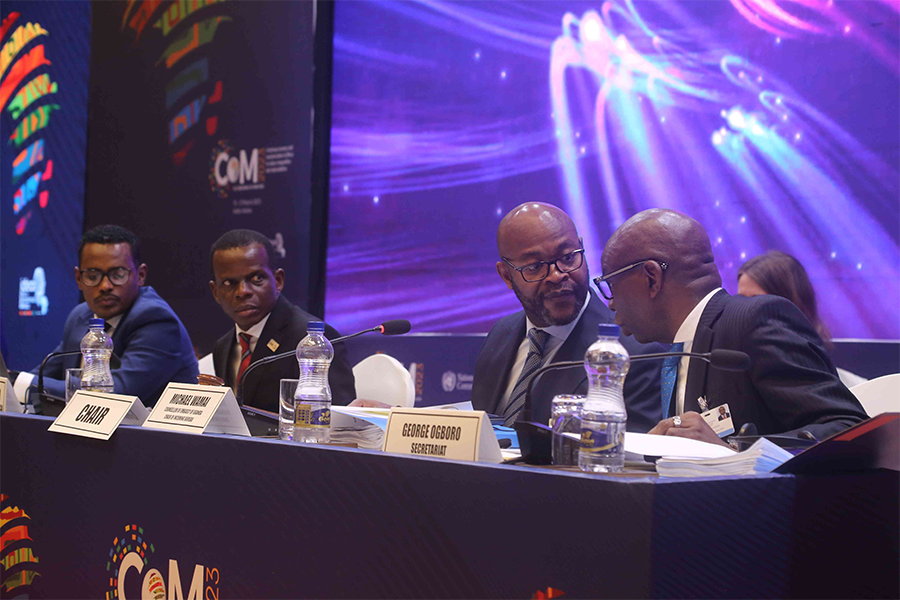
Radar | Mar 18,2023
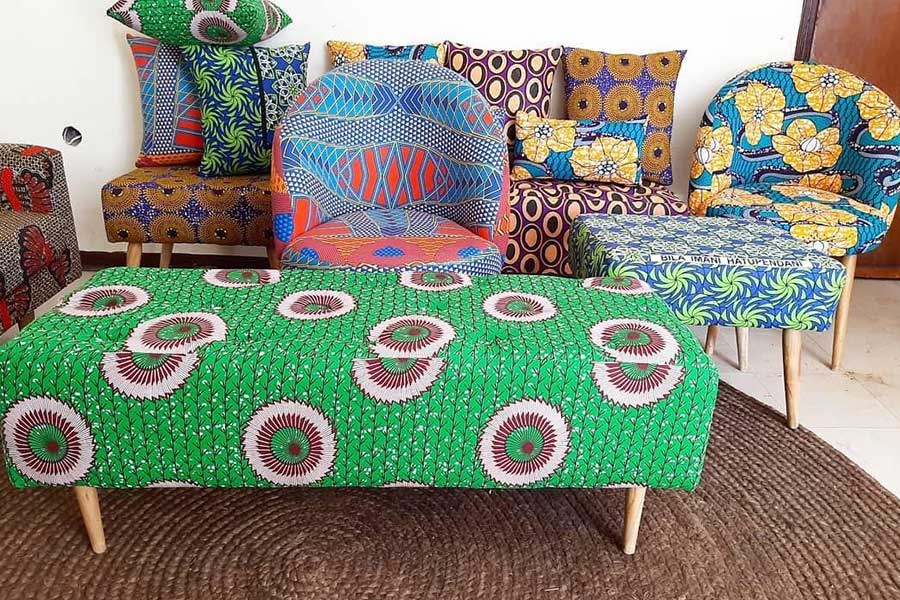
Featured | Oct 03,2020

Commentaries | May 25,2019

My Opinion | 131451 Views | Aug 14,2021

My Opinion | 127803 Views | Aug 21,2021

My Opinion | 125783 Views | Sep 10,2021

My Opinion | 123419 Views | Aug 07,2021

Dec 22 , 2024 . By TIZITA SHEWAFERAW
Charged with transforming colossal state-owned enterprises into modern and competitiv...

Aug 18 , 2024 . By AKSAH ITALO
Although predictable Yonas Zerihun's job in the ride-hailing service is not immune to...

Jul 28 , 2024 . By TIZITA SHEWAFERAW
Unhabitual, perhaps too many, Samuel Gebreyohannes, 38, used to occasionally enjoy a couple of beers at breakfast. However, he recently swit...

Jul 13 , 2024 . By AKSAH ITALO
Investors who rely on tractors, trucks, and field vehicles for commuting, transporting commodities, and f...

Jun 28 , 2025
Meseret Damtie, the assertive auditor general, has never been shy about naming names...

Jun 21 , 2025
A well-worn adage says, “Budget is not destiny, but it is direction.” Examining t...

Jun 14 , 2025
Yet again, the Horn of Africa is bracing for trouble. A region already frayed by wars...

Jun 7 , 2025
Few promises shine brighter in Addis Abeba than the pledge of a roof for every family...

Jun 29 , 2025
Addis Abeba's first rains have coincided with a sweeping rise in private school tuition, prompting the city's education...

Jun 29 , 2025 . By BEZAWIT HULUAGER
Central Bank Governor Mamo Mihretu claimed a bold reconfiguration of monetary policy...

Jun 29 , 2025 . By BEZAWIT HULUAGER
The federal government is betting on a sweeping overhaul of the driver licensing regi...

Jun 29 , 2025 . By NAHOM AYELE
Gadaa Bank has listed 1.2 million shares on the Ethiopian Securities Exchange (ESX),...